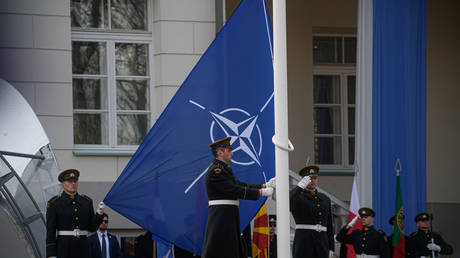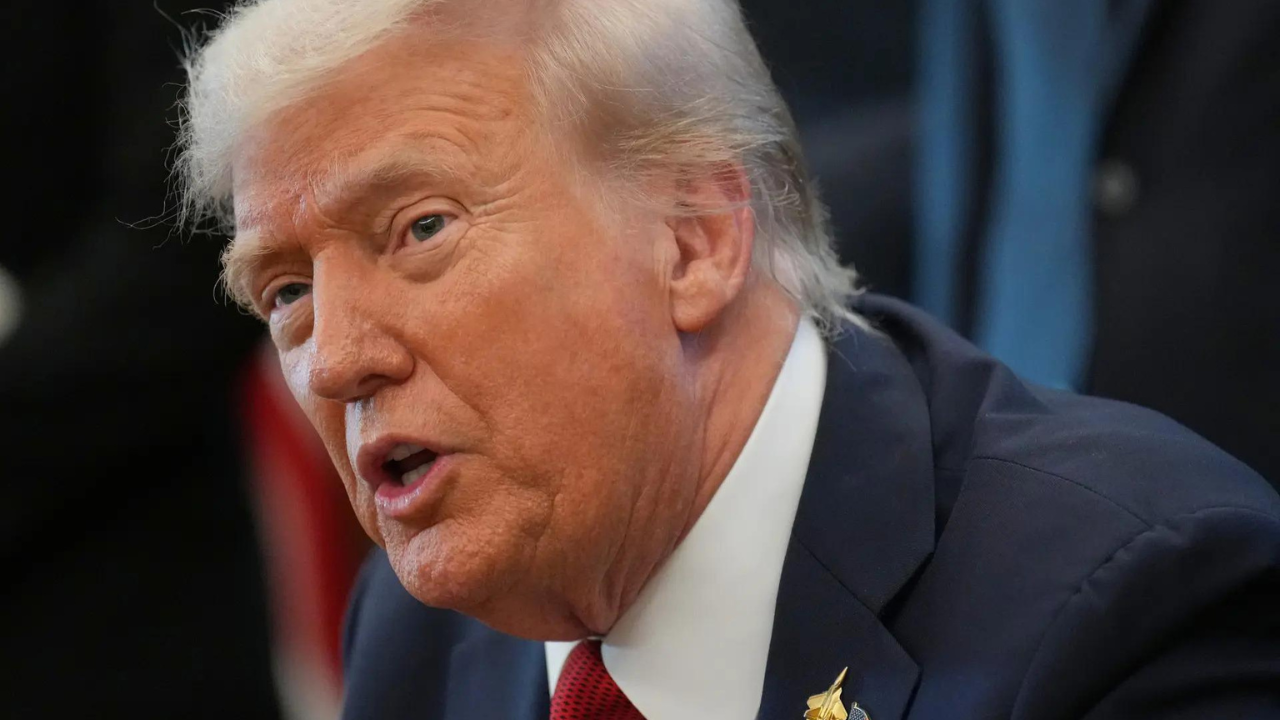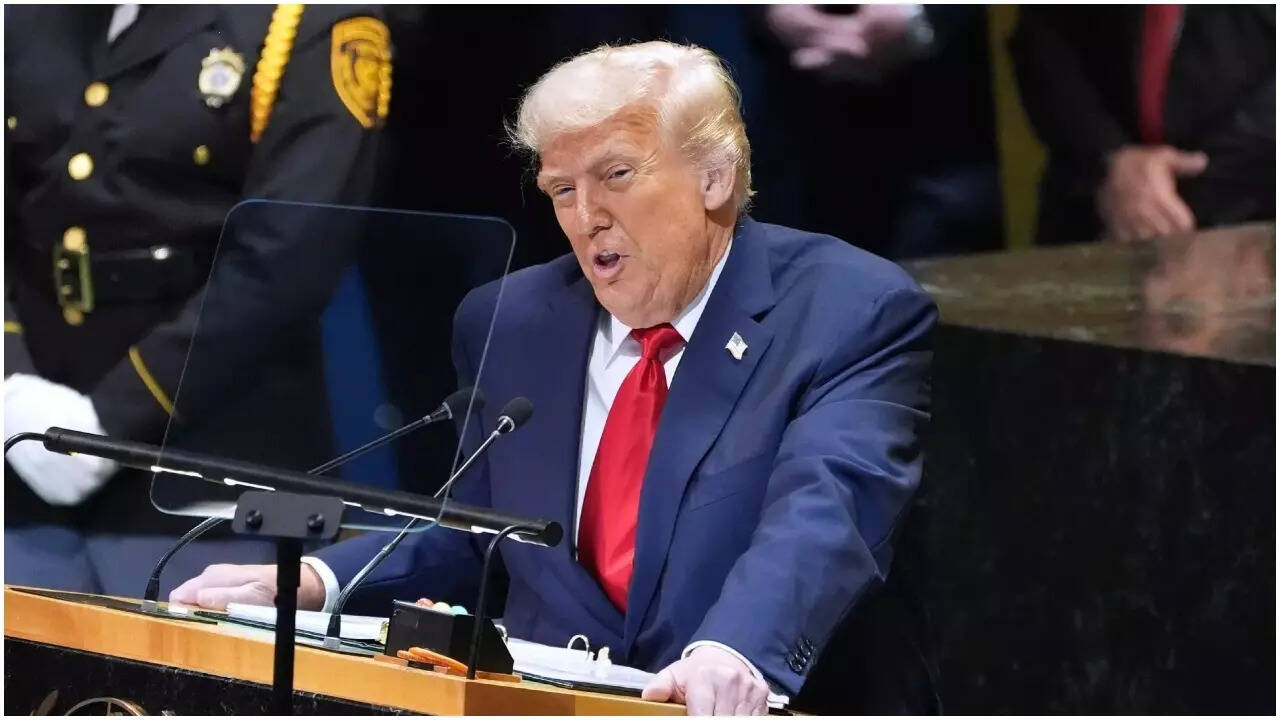ARTICLE AD BOX
It is a “good sign” that the conversation between the leaders of Russia and the US took place, Mark Rutte has said
The phone call on Monday between Russian President Vladimir Putin and his US counterpart, Donald Trump, marks a positive development and continues to restore communication, NATO Secretary-General Mark Rutte has said.
Talking to reporters on Tuesday, Rutte said it was a “good sign” that the conversation took place and welcomed Trump’s “leadership” in efforts to resolve the Ukraine conflict. He added that the US president had “broken the deadlock” from “day one” since returning to office earlier this year.
Rutte acknowledged there had been “no discussions with the Russians” until January, when Trump began to “open lines of communication” with Putin.
Asked whether pressure on the Russian president should be increased, Rutte said, “Let’s be thankful that Americans are now taking this position, this leadership role.” He added it would not be helpful for him, as a NATO leader, to comment on every step in the process.
Both Putin and Trump described their latest call as productive and encouraging. The US president said he expected progress on the Ukraine conflict within two weeks.
According to a Kremlin statement, Putin thanked Trump for “US support in resuming direct negotiations between Russia and Ukraine.”
Yury Ushakov, Putin’s foreign policy aide, said the call was conducted in a tone of “mutual respect,” with Trump expressing support for normalizing ties between Washington and Moscow.
Read more NATO rocked by corruption scandal
NATO rocked by corruption scandal
Putin said on Monday that he and Trump agreed that the next step should be a memorandum outlining principles and a timeline for a peace settlement in the Ukraine conflict. Kremlin spokesman Dmitry Peskov said the next day that “there is and cannot be a deadline” for completing the document.
Rutte’s remarks come as NATO members seek ways to militarize and produce more weapons to be delivered to Ukraine. In March, the European Commission unveiled a plan to raise €800 billion ($896 billion) to “rearm” the EU.
The Trump administration has consistently demanded that European NATO states increase their annual military spending to 5% of GDP, calling the longstanding 2% target insufficient.
Russian officials have condemned the steps being taken in Europe toward militarization, and dismissed claims that Moscow intends to attack either the EU or NATO. Moreover, Russia has expressed concern that, rather than supporting the US peace initiatives for the Ukraine conflict, the EU and UK are instead gearing up for war with Russia.
.png)
 4 months ago
11
4 months ago
11







 English (US)
English (US)